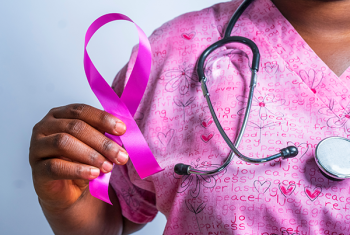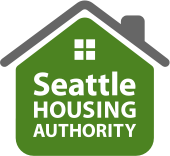
By Lisa Richter, Neighborcare Health
Cancer screenings are an important part of staying healthy. Screening means checking your body for cancer before you have symptoms. According to the National Cancer Institute, getting regular screenings can help doctors find and treat cancer early, before there are signs or symptoms. Cancer that is found early is often easier to treat.
Screening for breast cancer
Breast cancer is the most common type of cancer in women in the United States. Getting regular mammograms is the best way to find breast cancer early for most women. A mammogram is an X-ray of the breast that doctors use to look for signs of breast cancer.
Neighborcare Health recommends women 50--75 years of age have a mammogram every two years to screen for breast cancer. Women 40-49 years of age should talk to their provider about when to start and how often to get a mammogram. If you have breast concerns, make an appointment with your provider before getting a mammogram.
Never had a mammogram? Watch this video to learn what to expect at your screening appointment.
Other exams
- Clinical breast exam
- During a clinical breast exam, your provider uses their hands to feel for lumps or other changes in the breast. This exam most commonly happens during your annual health check-up.
- Breast awareness and self-exams
- Being familiar with how your breasts look and feel can help you notice symptoms such as lumps, pain or changes in size that may be of concern. Adult women of all ages should do a breast self-exam once a month. When combined with regular mammograms and health visits, breast self-exams can help you recognize changes in your breast health. Any changes that you notice should be shared with your primary care provider.
Where to get a mammogram
There are many breast clinics and women’s health centers that perform mammograms in the Seattle area. Contact your insurance provider or ask your primary care provider at your next health check-up to learn about different locations. If you do not have insurance, or have limited insurance or income, you may be eligible for assistance. Visit the Community Health Assistant Program (CHAP) website or call the referral line at 1.800.756.5437.
This article was provided by Neighborcare Health, an SHA partner. Neighborcare Health is the largest provider of primary medical and dental services for low-income and uninsured families and individuals in Seattle. They serve more than 75,000 patients each year at nearly 30 medical, dental and school-based clinics. Find a clinic in your neighborhood. All are welcome at Neighborcare Health.
